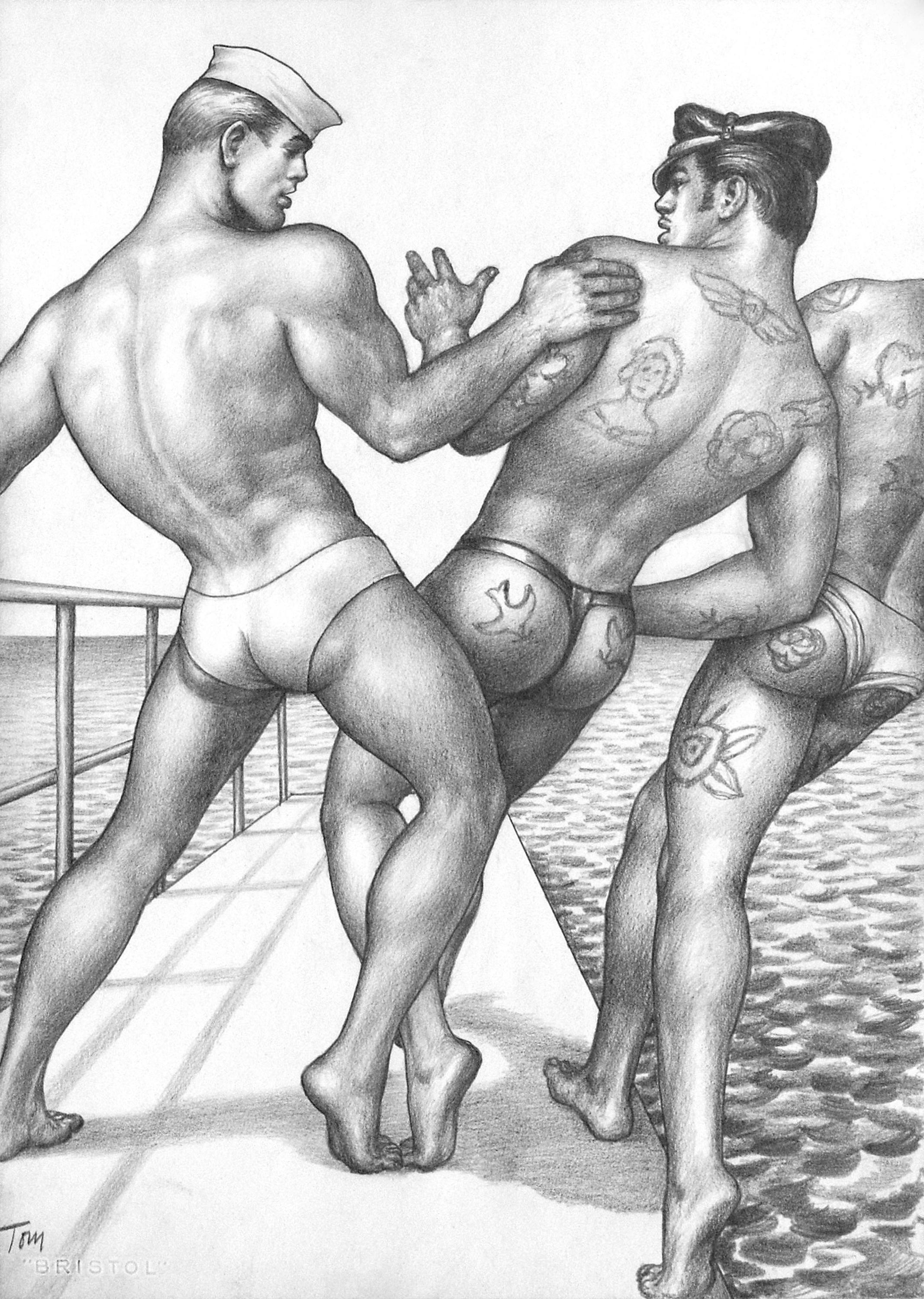Writer and researcher Jennifer Jasmine White convened a roundtable discussion considering women and working class femininity in the work of Beryl Cook.
I like men but I admire women. They seem to me so game, so resilient, so willing to have a go in life. Take the bar that I usually go to. It’s a working class area and women don’t have a lot, some are on their own and finding it tough .... They get dressed up in their best with lots of paint and jewels and out they go, determined to have a good time, to laugh .... I don’t see that same spirit in men, the same brand of gutsy, defiant humour and it’s that humour I want to transmit. – Beryl Cook, 1981
The humour inherent to Cook’s paintings made her immensely popular, but also hardened critical responses to her work. Her wry depictions of everyday themes were framed by establishment figures as unserious. Such perceptions tend to overlook Cook’s work as an astute record of social interactions and life. She was an artist deeply interested in people and places, and her paintings build a self-contained world that is convincingly grounded in actual experience.
Tensions between humour and observation are particularly played out in her portrayals of women. Cook’s images of women are visually powerful. Heightening the details of their bodies, dresses, and expressions, the women in her works are both class-coded and engage with female-oriented forms of camp. Though often playful, Cook’s women resist ‘polite’ femininity: they are unruly and carnivalesque, fully and unapologetically taking up space.
White was joined by curator Linsey Young (Curator of British Contemporary Art, Tate Britain and curator of Women In Revolt! Art and Activism in the UK 1970–1990), James Boaden (Senior Lecturer in Modern and Contemporary Art, University of York) and author Nathalie Olah.


